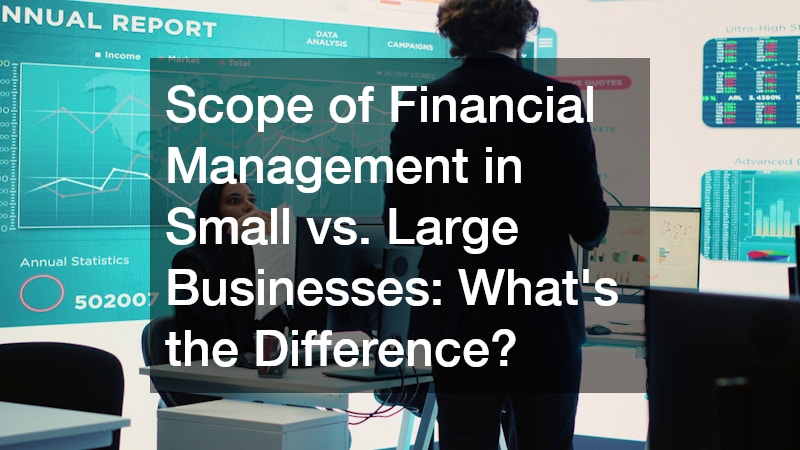Fraud can come from both sides of the employer and employee. Faults on the part of the employer can be resolved with mediation employment law. But when it comes to employee fraud, cases often involve tedious court proceedings.
You trust your employees and don’t want to think bad about them, but you shouldn’t turn a blind eye when you spot something suspicious. To protect your business, here are the common signs of employee fraud.
Secretive behavior about work
An employee that is reluctant or unwilling to share their work processes or have someone peek into them could be a sign of fraudulent activity. There is no good reason for an employee to refuse a review of their work unless they do something the management won’t approve.
Recent lifestyle changes
When an employee’s lifestyle does not line up with their salary, it could be a sign of fraud. If they recently bought a new sports car or took a luxury vacation with seemingly no other source of money for those expenses, you may have to check your accounts for signs of embezzlement, theft, or some other form of fraud.
Frequent tips or complaints
When employees are dropping hints or complaints about a specific co-worker, don’t brush them off as typical office gossip. Look into what they’re saying. If there are dishonest employees, there are also honest ones who are looking out for the company.
Multiple, unsegregated job roles
If an employee handles the company’s accounting records and is responsible for preparing bank checks, you could be at risk of fraud. Avoid this problem by segregating duties across multiple employees instead of entrusting multiple key roles to just one person.
Inconsistencies in accounts receivable
A tell-tale sign of employee fraud is inconsistencies in accounts receivable. Suspicious activities like unexplained cash transactions, unusual increase in expenses, or dubious bank account statements can indicate fraud. Either that, or there are major errors in your accounts, which is often less likely to happen.
Suspicious invoices
Invoices that do not look like your usual invoices, have serial numbers that seem off, or have missing information (contact details, goods or services provided, vendor names) could be a sign that someone is bleeding money from your business. As soon as you start noticing these invoices, perform further investigation as soon as possible.
Duplicate or mirror payments
This type of fraud technique is done by having two (or more) identical cheques authorized for different vendors, wherein only one of those cheques are legitimate. The fraudster uses the legitimate cheque documentation to have the others signed as well (with the ‘payee’ field of the non-legitimate checks covered). Then, the legitimate cheque is used to pay the real expense, and the other(s) are deposited into the fraudster’s bank account.

An unusually close relationship with vendors
An employee that has an unusually close relationship with a particular vendor while not providing the same degree of treatment for other vendors could be committing fraud. This kind of activity should warrant an investigation into the vendor’s background to ensure that they are legitimate.
Look for the purported vendor’s information online. If you can’t find the business’ website or receive no results when you look up the vendor’s registration, they will likely not exist. If you do find a website and discover that the address on the cheques and the website is inconsistent, you could be looking at fraud.
Mismatched cheques and ledger entries
If payees on cheques aren’t the same as what is stated on ledger entries, look further into it. This could be a sign of inappropriate payments to improper payees.
Refusal to share duties
Most employees would be glad to share the burden of their workload with others when asked. Refusal to do so does not automatically mean they are committing fraud, but if they perform key duties that involve financial matters, it’s worth checking. If an employee refuses to share duties with others, they may not want other people to access records and possibly find out what they’re doing.
Turning down a promotion
For a fraudulent employee, a promotion can mean losing access to processes that they use to commit fraud. Depending on the employee’s position that is offered a promotion, a refusal may be deemed suspicious.
Employee fraud can single-handedly cause hundreds of thousands of dollars in damage to a company. Don’t let your business be a victim–be on the lookout for these signs of employee fraud.





